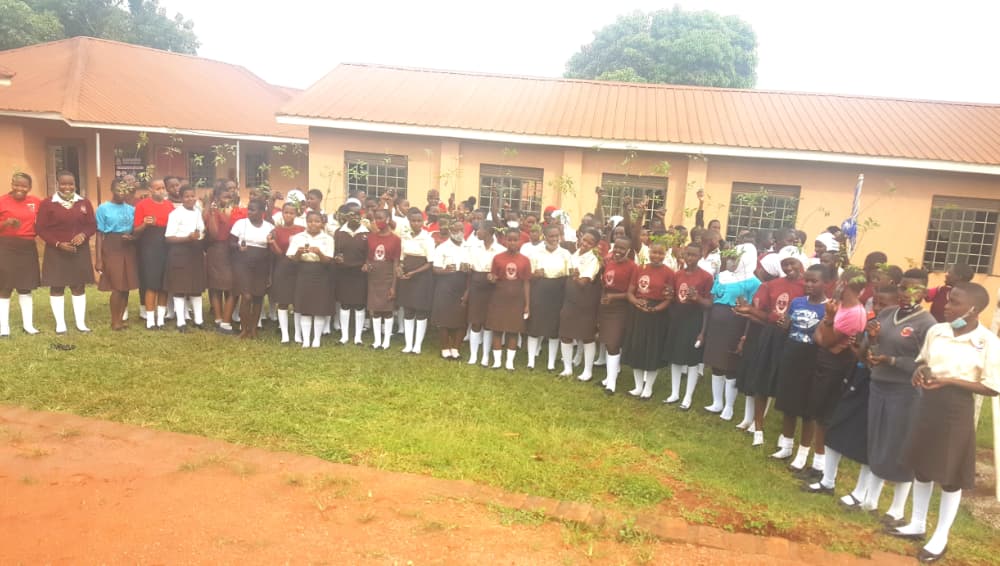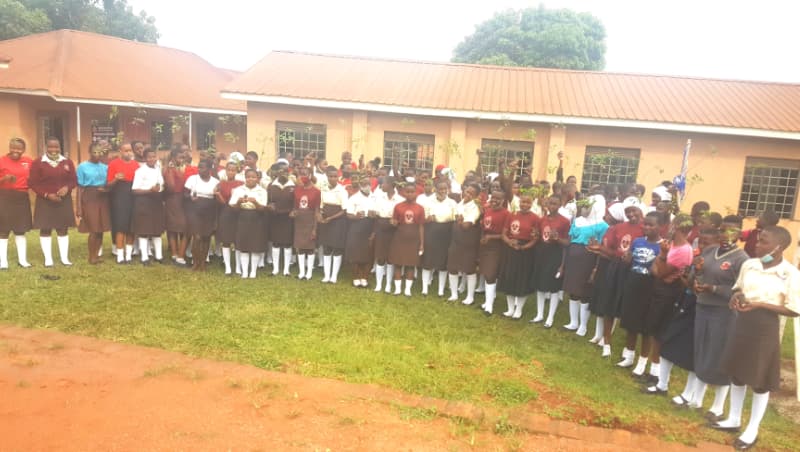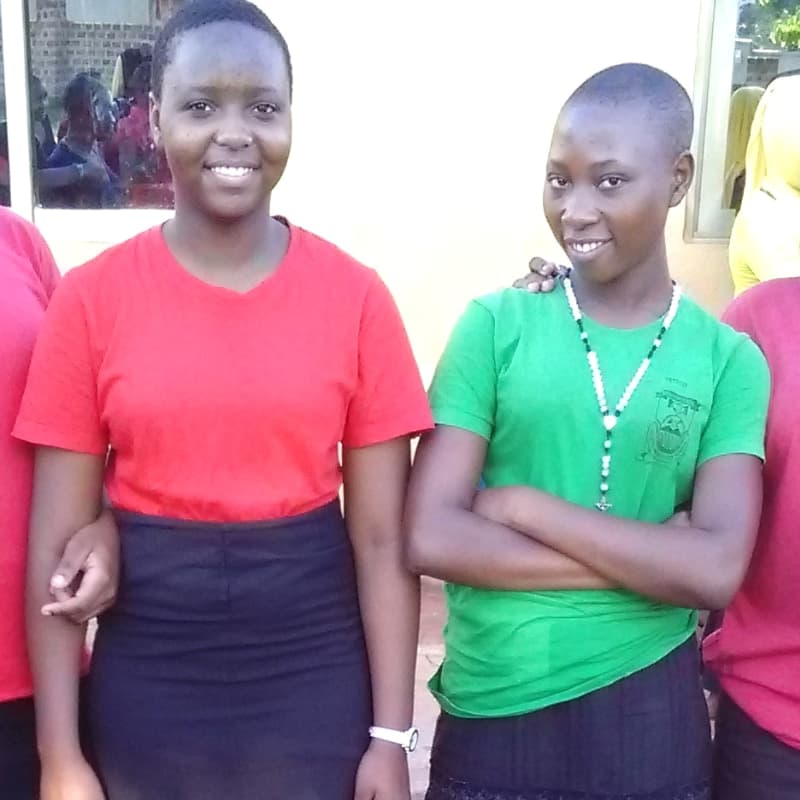SRHR:
SEXUAL AND REPRODUCTIVE HEALTH RIGHTS
FACTS
In Uganda adolescents between 10 and 17 years of age have health care needs that are distinct from those of adults, particularly regarding Sexual and Reproductive Health Rights (SRHR). The unprecedented neglect of their specific health needs leads to negative outcomes such as unwanted pregnancies, early marriages, sexually transmitted disease and sexual violence. Every year approximately 7.3 million girls below age 18 give birth in low and middle-income countries (LMIC) and about 10 million under 18 are married of which 46% occur in sub-Saharan Africa.



INTERVENTIONS
The WACENA community-based interventions are aimed at strengthening SRHR among adolescents by helping to reduce such health challenges through making SRHR socially acceptable and accessible. It has long been established that for health services to be beneficial for the young population they need be adolescent-friendly, accessible, socially acceptable, equitable, appropriate and effective for different youth subpopulations as defined by the WHO.
It is believed that for SRHR interventions to be successful they must be compatible with and integrated into the community and existing health care system. WACENA’s goal and approach is to integrate SRHR interventions sustainably in the local community and in local health care protocols.
The community health system is defined as the ‘grey zone’ consisting of household-level caregivers, volunteers, community leaders and informal health providers, organizational intermediaries such as non-governmental organizations, religious and sporting groups as well as other government sectors such as housing, education/schools and social development programs. In most circumstances community-based health interventions are performed by the formal health system and the community. Thus the term ‘grey zone’ describes the collaboration among public, non-governmental and private health care providers.
Within the community one important factor necessary for the success of an intervention is the community’s capacity to engage in and participate in the implementation process. It is necessary for a community to commit to and sustain these health actions and ensure the ongoing development of effective partnerships between the complex array of actors involved. The combination of the formal health system and community participation establish the SRHR community health system.
Community-based interventions aimed at providing SRHR information and services can help to reduce health challenges associated with adolescent pregnancies and adolescent marriages. Interventions for reducing adolescent pregnancy, adolescent marriage and school dropout have mainly focused on providing SRHR education and economic support, particularly at the primary school level.
WACENA partners with over 45 Schools, both public and private together with local health centers focusing specifically on SRHR education. Positive outcomes are eminent. A recent HIV education program in primary schools taught adolescents that the risk of HIV transmission was increased proportionately by the age of a sexual partner. Sites with an intervention program in place have proven to have approximately 28% lower pregnancy rates than sites without.
Research has documented that other interventions have been less successful partly due to poor integration of the community into the local health care system. For example, the Zimbabwe microcredit program for young women did not effectively meet its overall goals of empowering the SRHR capacity of young women. Similarly, an SRHR intervention in Malawi did not manage to significantly increase condom use because of a lack of community involvement and participation. The outcome in Tanzania of interventions in the lives of girls and young women was questionable as well due to a lack of the local community support.
WACENA is working to create that missing component and to the ensure that health centers and health posts collaborate effectively with community-based health workers such as Community Health Workers, Community Health Assistants and Neighborhood Health Committees in administering and monitoring health services including SRHR services in the communities we serve.
